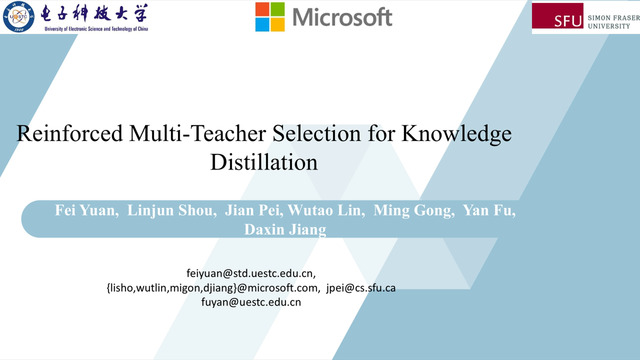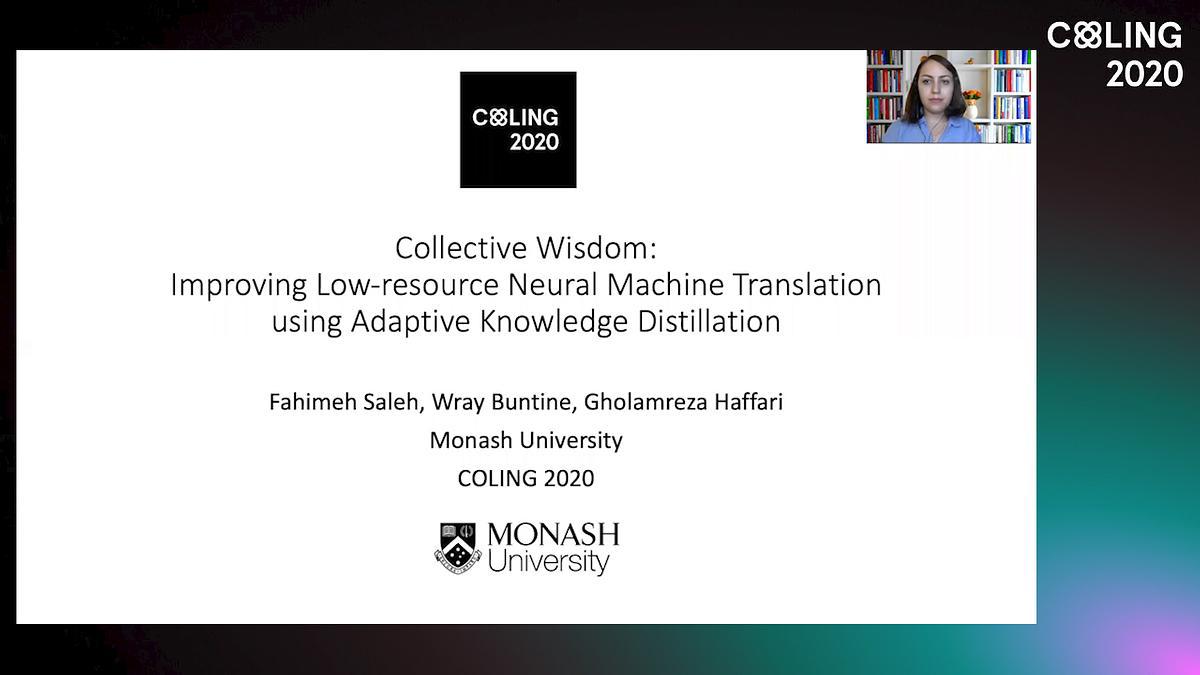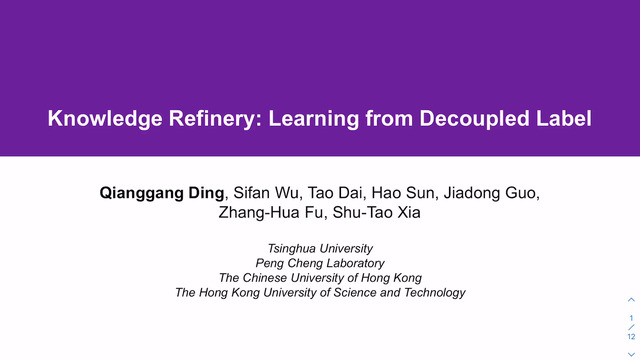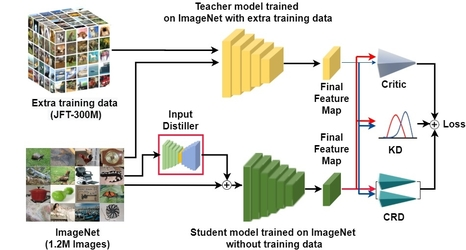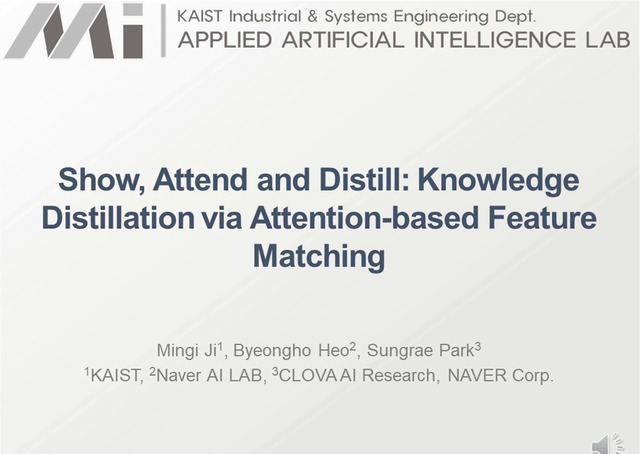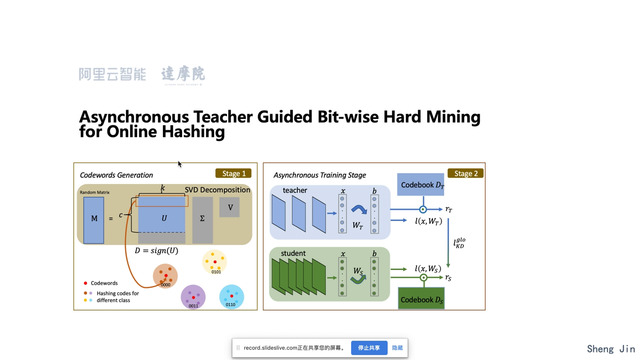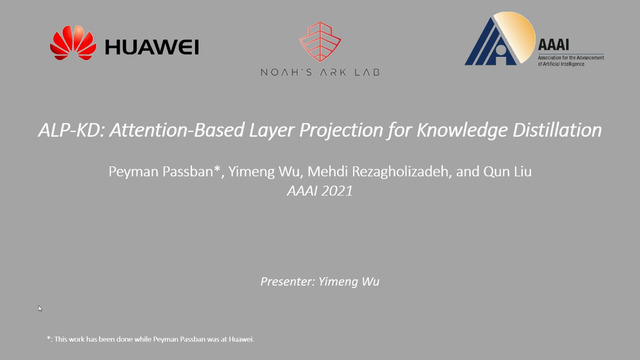Abstract:
Deep and large pre-trained language models are the state-of-the-art for various natural language processing tasks. However, the huge size of these models could be a deterrent to using them in practice. Some recent works use knowledge distillation to compress these huge models into shallow ones. In this work we study knowledge distillation with a focus on multilingual Named Entity Recognition (NER). In particular, we study several distillation strategies and propose a stage-wise optimization scheme leveraging teacher internal representations, that is agnostic of teacher architecture, and show that it outperforms strategies employed in prior works. Additionally, we investigate the role of several factors like the amount of unlabeled data, annotation resources, model architecture and inference latency to name a few. We show that our approach leads to massive compression of teacher models like mBERT by upto 35x in terms of parameters and 51x in terms of latency for batch inference while retaining 95% of its F1-score for NER over 41 languages.



